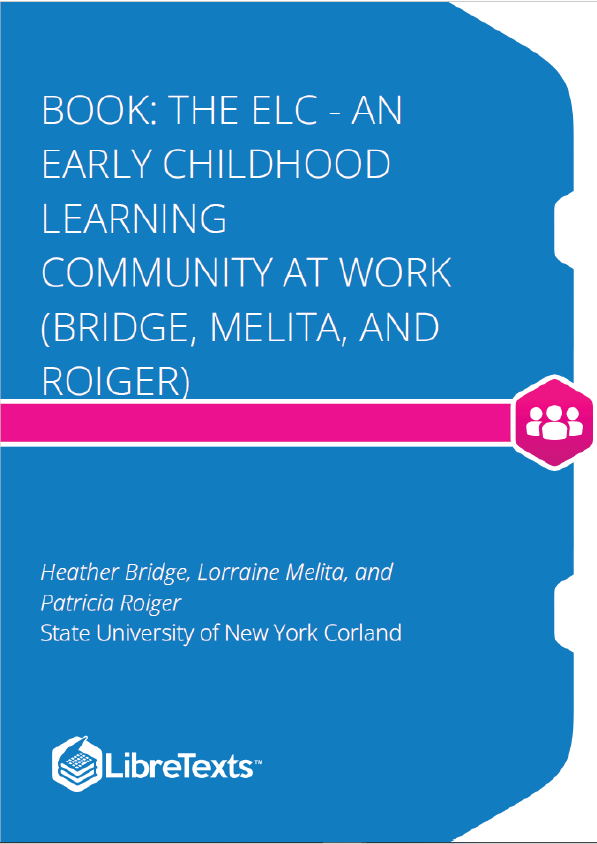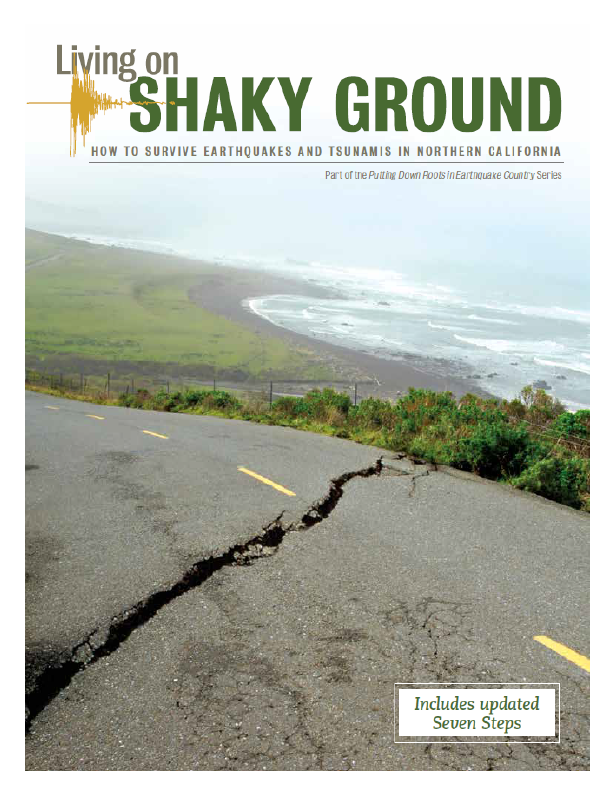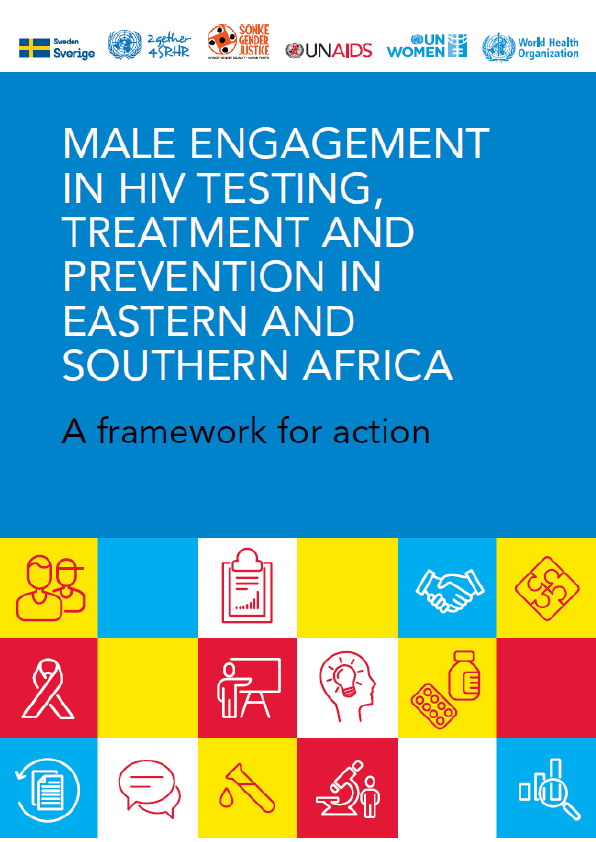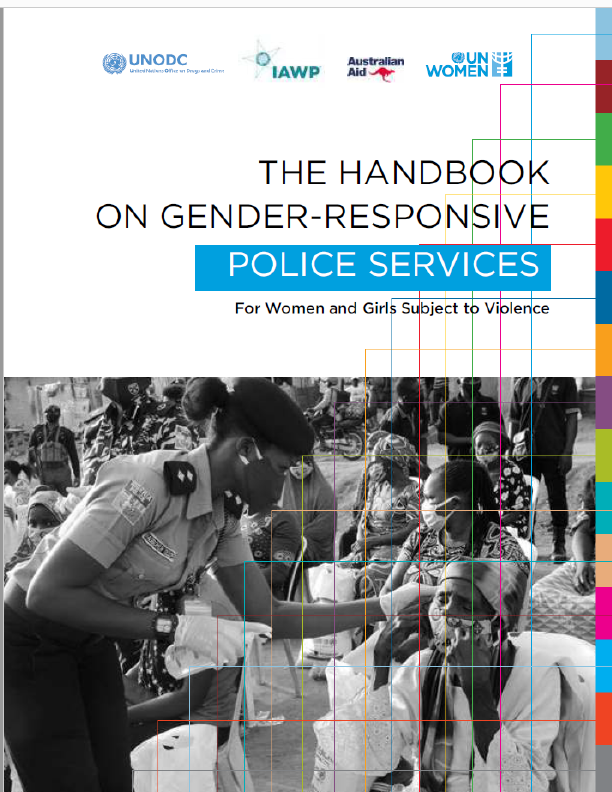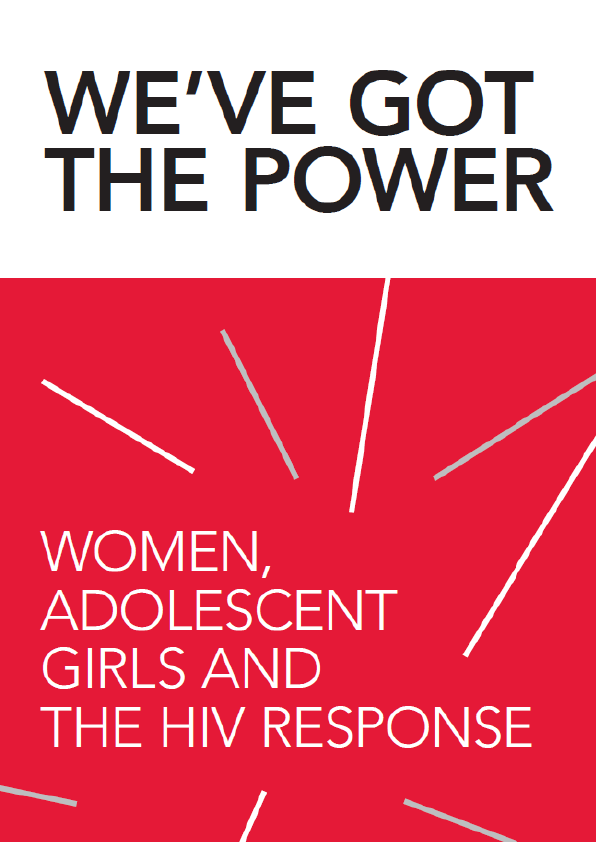The Early Learning Community (ELC) used an Action Research model, that assists educators in using a wide variety of investigative, analytical and evaluative, research methods designed to diagnose problems or weaknesses in their classrooms — whether organizational, academic, or instructional—and help educators develop practical solutions to address them quickly and efficiently. Further, we incorporated into Action Research, collaboration between early childhood agencies, technology, literature, and conference presentations to bring about professional growth in teacher candidates in college, educators in practicum field placements, administrators in preschools and in ourselves, as college faculty members and community experts. The structure of this book is organized into three parts. In Part I, the initial challenges that stimulated the idea of the ELC are described. An explanation of the stages in setting up the ELC is provided to guide our audience, should they choose to replicate this model. In Part II, six case studies that represent common teaching challenges experienced by teacher candidates during Practicum illustrate the ELC in action. In Part III, participants’ findings about the ELC, along with conclusions and recommendations for future early childhood professional development programs are made.
Building Blocks for the ELC
The ELC illustrates how teacher candidates and educators together undertake professional development by creating case studies of their Practicum placement. Case studies have notable strengths because, as stated by Stake (1995, p.1), they facilitate the exploration of rich, contextual information about specific challenges in each classroom and reveal why educators’ practice is as it is. Case Studies used with Action Research allow for the investigation and improvement of real teaching challenges in Practicum placement classrooms.
The ELC is aimed at educators becoming life-long learners who are empowered to investigate positive change in their own teaching. Rooted in children’s development, the ELC equips educators with a set of professional skills that enable them to implement developmentally-appropriate, research-backed, teaching strategies that are responsive to children’s current learning needs. The development of educators’ teaching skills in their own classrooms is at the very heart of effective and reflective professional development for it is on this premise that each child’s appropriate opportunities for development and learning rest. We hope our efforts may inspire the audience to create similar early learning communities in their early childhood settings.
Starting Point: Teacher Candidates’ Concern s in Practicum
A key characteristic of effective early childhood teacher education programs is demonstrated by alignment between the educational theory taught to teacher candidates in college courses, and the teaching practices those teacher candidates encounter during Practicum field placements.
Concurrently with the Practicum, teacher candidates at the college took a curriculum development course, and an assessment course, aimed at teaching 3 -5-year old children. During Practicum, teacher candidates were required to spend at least 75 hours in an early childhood field placement with a certified teacher. By the end of the semester, teacher candidates had to demonstrate satisfactory knowledge, understanding, and use of teacher education standards in their practice and lesson plan assignments they implemented during Practicum.
If the educational theory prescribed in teacher education standards used in teacher education programs and the teaching practices in field placement experiences are not closely aligned, the impact on teacher candidates can raise concern (Gismondi, Haser, 2003; Rust, 2009). Inconsistencies between theory and practice can leave teacher candidates feeling confused about their practice with children in classrooms. On the one hand, teacher candidates are required by their teacher education program to prepare assignments based on teacher education standards to implement during Practicum. On the other hand, the assignments must also accord with sometimes different teaching and care practices they encounter in their Practicum field placements. As a result, teacher candidates can come to believe that the theory taught in college courses, and the teaching practices used in field placements, are unrelated. This belief can perpetuate teacher candidates’ use of less effective educational and care practices in classrooms and reduce the quality of learning and development opportunities children experience.
